I thought Verizon had a brilliant idea in trying to reinvent the desk phone. They did. The company launched the Verizon Hub earlier this year with the idea that desk phones are still desired and finally – after a decade of sitting idle – needed to be updated to fit our modern technological needs. And who knows, perhaps they could even do something innovative with the device.
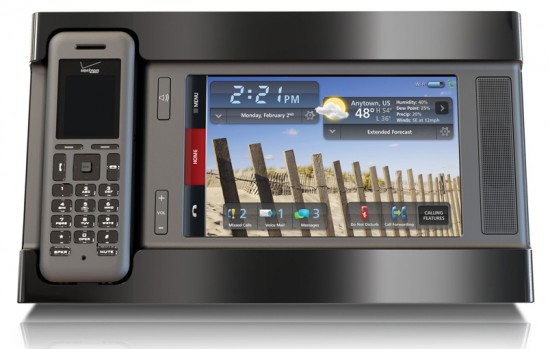
Unfortunately it cost $200 plus a $35/month service plan not to mention the vast majority of people said that it sucked… and sucked bad. Throw poor marketing into the equation and guess what you’ve got? A discontinued product. That’s right… Verizon Wireless is no longer offering the hub.
Correct me if I’m wrong but Verizon is CLEARLY working on Android with 4 phones in the pipeline. They also mentioned way back in April that they would be adding an “applications market” to the desk phone. They probably weren’t thinking of Android in this instance and more likely referring to their soon-to-be-launched VCast Apps program. Great idea, wrong formula. Add Android to the Hub and you’ve got yourself an instant winner.
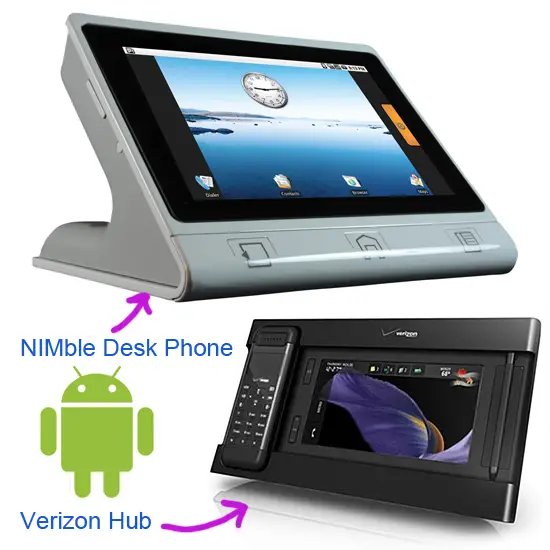
Smaller, competing companies are already working on “Android Hub” type desk phones (see above) and other household gadgets. We’re now seeing secondary product types close to consumer ready such as the ARCHOS 5 Internet Tablet and ODROID Gaming Device. The ARCHOS even has its own version of Android Market (AppsLib) planned to organize applications that are meant especially for use on a tablet.
So if you Verizon folks are listening, you should be working on your Verizon Android Hub right now because:
- Marketed properly it could be a huge success
- If you don’t do it first, T-Mobile will
You could even settle for 2nd, just get it done, k?
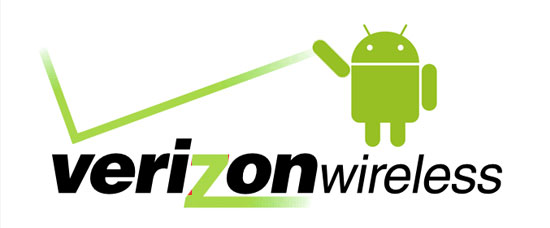


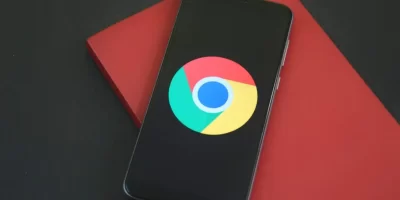

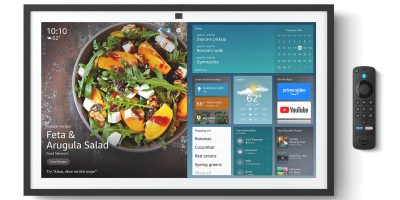





I think the wireless phone manufacturers are missing out on an opportunity to wean more people off of their land lines. When I first saw the Verizon Hub I thought it was going to be the answer but it is too expensive and too sophisticated. IMHO, what they need to come out with is a simple wireless base station with standard cordless phone type extensions. (The operative word here being “simple”.) The base station would connect to the wireless carrier and you could have regular cordless extensions throughout the home.
The Touch Revolution sounds like it is on the right track, but all the additional features (Entertainment, Information, Monitor/Control) sound expensive to me. They need to segment the product and offer an entry-level device that includes just the “Communication” features.
I’m fairly certain that some of the newer cordless phone “systems” have the ability to use your cell carrier for calls. I think I saw one the other day at Target. Don’t know the details, but it seemed like a good idea. Especially for homes which have cellular “dead zones” within them (like basements, interior lead-lined rooms, etc.).
Verizon may or may not have four android phones in the pipe. All rumors at this point, though certainly they’ll be launching at least one android phone in the coming months, hopefully soon (Sholes… PLEASE).
But I’ve seen nothing at all indicating Verizon has made any kind of bet on Android or has an android “strategy” per se. On the contrary, they seem to be on the trailing edge of technology development/adoption with handsets and handset OS’s. And while they hate the idea of it, I increasingly view ALL of the carriers as dumb pipes and wouldn’t trust them with ANY kind of product offering/strategy. If they’re willing to subsidize my phone to get a contract, super. But beyond that, I cringe at the idea of ANY of the carriers actually having a worthwhile product strategy that I would want to adopt wholesale.